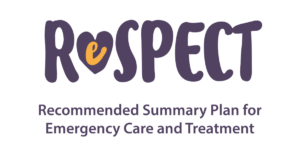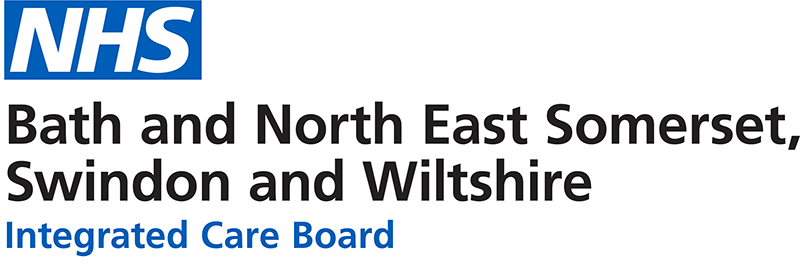The Recommended Summary Plan for Emergency Care and Treatment (ReSPECT) has been implemented across BaNES, Swindon and Wiltshire from 4 October 2021.
The ReSPECT form documents a patient's personalised recommendations for their clinical care and treatment in a future emergency in which they are unable to make or express choices. It replaces and builds on information held in a Treatment Escalation Plan.
These recommendations are created through conversations between a person, their families, and their health and care professionals to understand what matters to them and what is realistic in terms of their care and treatment. Patient preferences and clinical recommendations are recorded on a non-legally binding form which can be reviewed and adapted if circumstances change.
ReSPECT is a patient-held document which should stay with the patient. ReSPECT may be used across a range of health and care settings, including the person’s own home, an ambulance, a care home, a hospice or a hospital. Professionals such as ambulance crews, out-of-hours doctors, care home staff and hospital staff will be better able to make immediate decisions about a person’s emergency care and treatment if they have prompt access to agreed clinical recommendations on a ReSPECT form.
What is included on a ReSPECT form?
A ReSPECT form records the patient’s relevant diagnoses, their personal preferences (life sustaining treatment versus comfort) and it records treatments that should be considered, as well as those that are not wanted or would not work. The clinical recommendations are used to guide decision-making in the event of an emergency or deterioration in the patient’s condition.
Who is ReSPECT for?
 A ReSPECT form can be completed for any individual, but will have increasing relevance for those who have complex health needs, people who are likely to be nearing the end of their lives, and people who are at risk of sudden deterioration or cardiac arrest. Some people will want to record their care and treatment preferences for other reasons.
A ReSPECT form can be completed for any individual, but will have increasing relevance for those who have complex health needs, people who are likely to be nearing the end of their lives, and people who are at risk of sudden deterioration or cardiac arrest. Some people will want to record their care and treatment preferences for other reasons.
ReSPECT / Care planning for people with Learning Disabilities and Autism
Health/Hospital Passport Templates:
Reasonable Adjustments:
